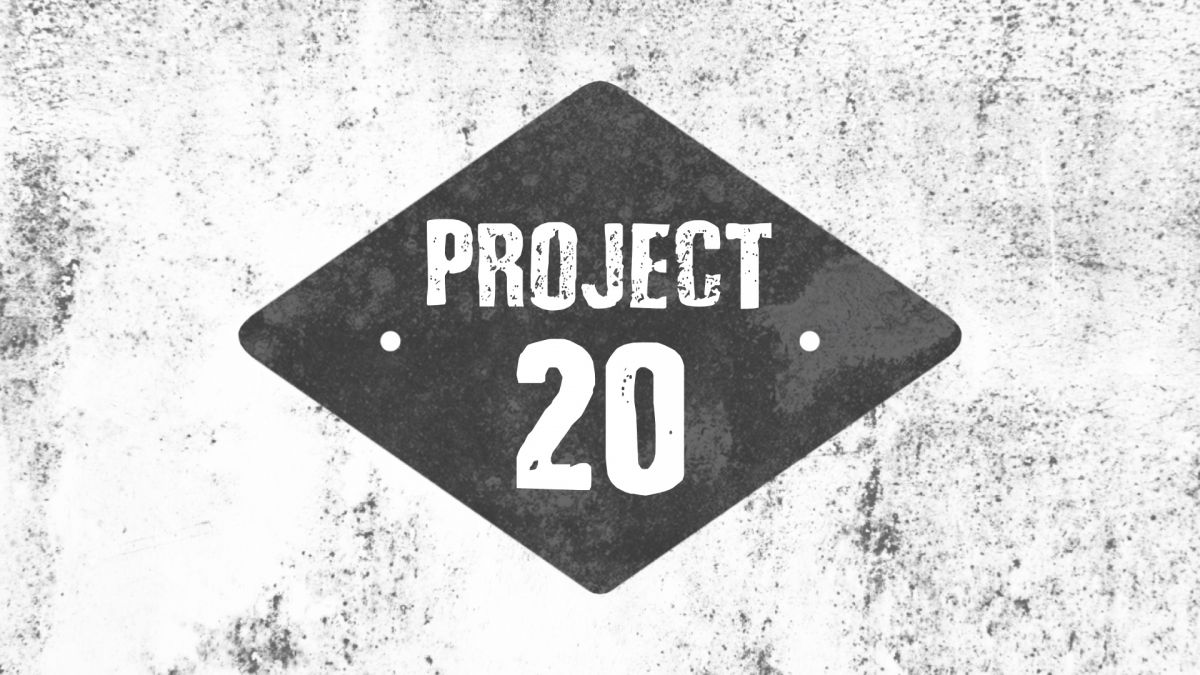How My Dream Almost Killed My Community

“The person who loves their dream of community will destroy community, but the person who loves those around them will create community.”
Dietrich Bonhoeffer
I left small group that night complaining. The meeting had been exhausting. It lasted too long, someone talked too much, and the couple we wanted to be friends with didn’t even show up.
“Maybe we should just join another small group,” I said to my husband in the car.
“Are you serious?”
His response revealed that though we were both in the same car, we were in two totally different places.
Quitting wasn’t an option. I’d have to stick this one out.
I have wanted to quit small groups more than once. I’ve wanted to quit when I walked in and the other women were planning to hang out and I wasn’t invited. I’ve wanted to quit when people I didn’t know signed up and invaded my safe space. I’ve wanted to quit when we had too much homework. I’ve wanted to quit when the conversations were too shallow or too deep. I’ve wanted to quit when the people in my group were not the right age, when someone made a hurtful comment, and when it was just too tiring to go every week.
And there have been times in my life when I have walked away from community for these reasons.
But before I convince you to walk away from your community, let me tell you, most of the time when I walked away it was a mistake. Most of the time the problems I saw in my community were really problems inside of me. And the problems I bring into my small group, my family, my friendships come with me wherever I go.
Healthy community, like any other important relationship takes time and effort. And When I focus on what I want to get out of my community, I almost always end up discouraged or dissatisfied.
Imagine if we approached our marriages or our closest friendships the way we approach small groups or social gatherings. We would stand with that friend or spouse listing off our needs.
- I want you to be talkative and supportive, but also a good listener.
- You should feed me great snacks every week.
- And I want you to help me learn to read the bible, make friends, and oh, by the way can you plan social things for me once in a while.
Once we got to the end of our list, we would wait for the affirmative yes, without ever stopping to ask, and “what do you need from me to make this relationship healthy?”
None of us would do this. But for some reason when we jump into a group we go in with a long list of “honey-dos” and rarely consider what the community might need from us. We go in with ideas of how we want the community to change, but may never consider how God might use that community to change us.
Though it is natural to think of what community can do for us, often it’s our “dream of community” that “will destroy our community.” So I wonder what would happen if we approached our communities differently. Maybe we can still bring our expectations to our community, but maybe we can also make a list of what we will plan to bring to that community. To paraphrase the famous JFK challenge, Ask not what your small group can do for you. Ask what you can do for your small group.
For me after that conversation in the car, I realized that I was looking for too much out of my community. Like it or not, I was committed to that group, and since the group wasn’t changing, I had to consider what I could change. I decided that each week I was going to show up, be prepared, listen, and look for ways to love others.
I’d like to say this was an easy, quick, rewarding process, and I made a list and stuck to it. But investing in my community has been more like a clumsy process of learning to dance. I’ve stepped on toes, run into things, and gotten out of step with the group. I don’t always love my community perfectly but staying committed has allowed me to change some of my unhealthy expectations and has allowed me to experience some of the things I had been hoping for in the first place.
